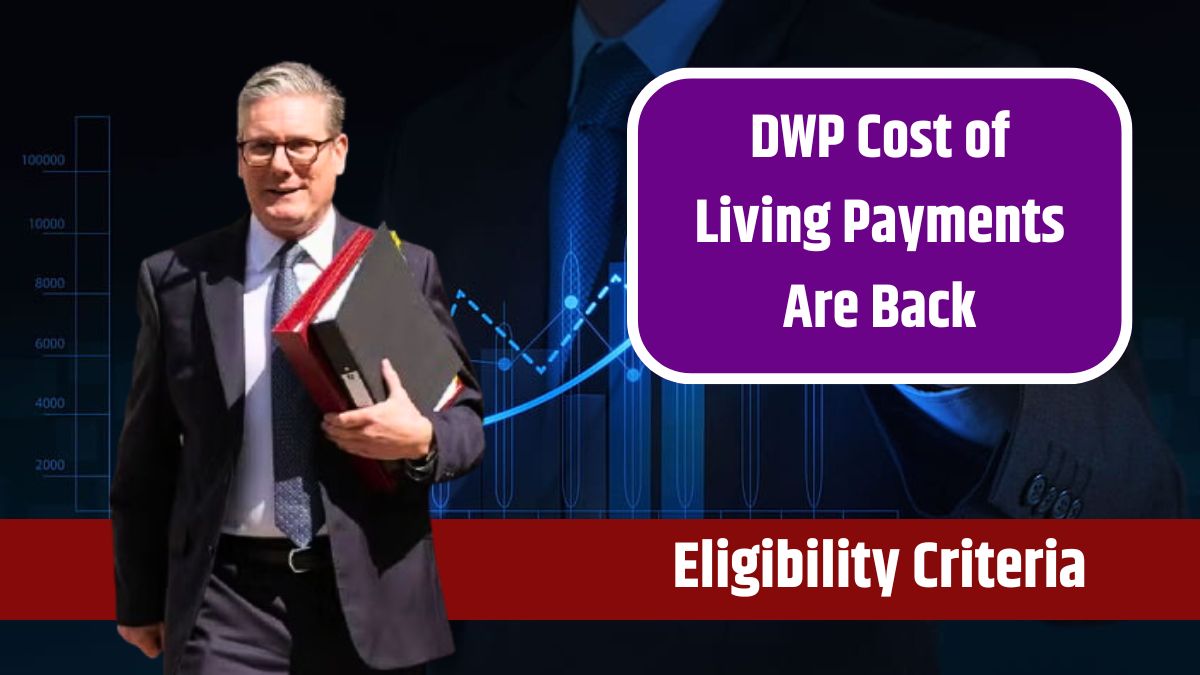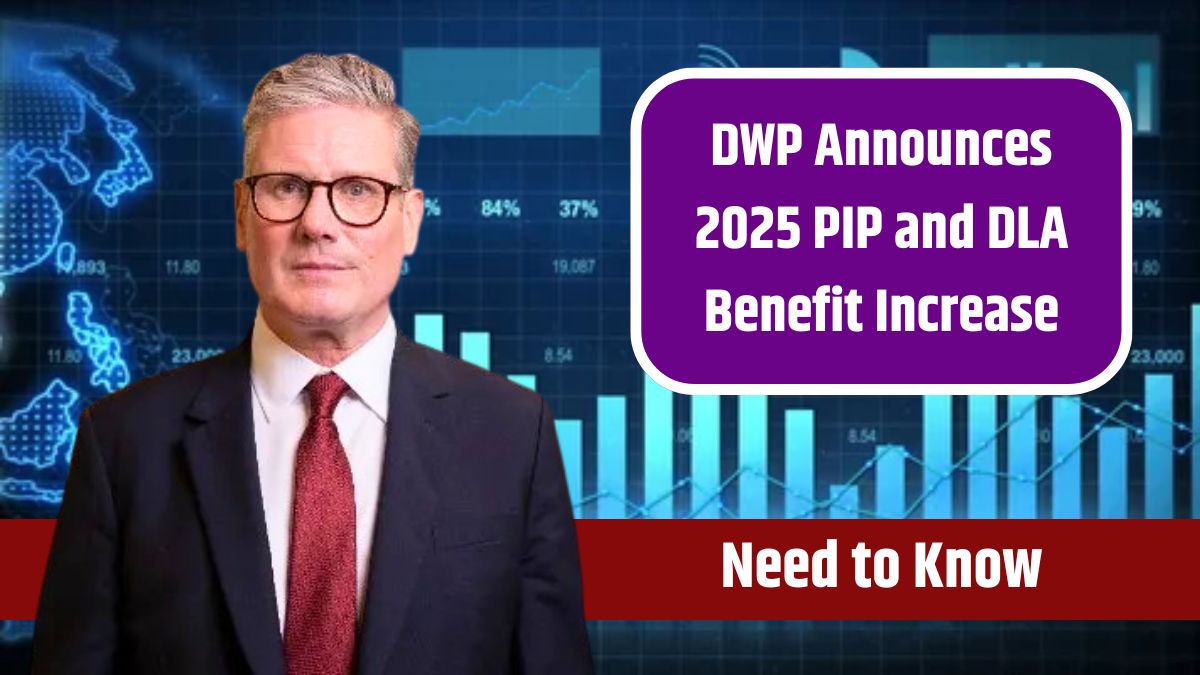For individuals with disabilities, Social Security disability benefits are essential for financial support. However, knowing how these benefits are calculated and what eligibility requirements must be met can be complex. The Social Security Administration (SSA) calculates benefit amounts based on factors such as work history, average income, and eligibility criteria. By staying informed, beneficiaries can plan ahead and make the most of the financial resources available to them.
Here’s a closer look at how SSA disability benefits work, eligibility requirements, and strategies for effective financial planning.
Benefit Amounts
The amount each disability beneficiary receives depends on unique personal circumstances, primarily work history and the earnings record. SSA disability benefits are calculated based on a person’s average earnings over the years they contributed to Social Security. This means that those with a longer work history and higher average income typically receive higher benefits.
Each year, the SSA may adjust benefit amounts according to the Consumer Price Index (CPI) to help disability recipients cope with inflation and rising living costs. Known as the Cost-of-Living Adjustment (COLA), this adjustment can result in increased payments for beneficiaries, preserving their purchasing power amid economic changes.
Upcoming Changes
The SSA continuously evaluates its policies to improve access to benefits and make sure resources reach those most in need. Disability beneficiaries must stay up-to-date on any SSA policy changes that could affect their benefits or eligibility status. These changes may impact access to benefits, the amount of payments, or even the timing of benefit distribution, allowing beneficiaries to better manage their finances.
For instance, the upcoming payment on November 13 has specific eligibility criteria. Beneficiaries eligible for this payment should have started receiving benefits after May 1997 and have a birth date that falls between the 1st and 10th of any month. Staying aware of such details can prevent delays and help recipients receive timely support.
Eligibility Requirements
Qualifying for SSA disability benefits involves meeting several requirements:
- Work and Contributions: Applicants must have worked a sufficient amount of time and contributed to Social Security, with work credits based on age and length of work history.
- Medical Documentation: The SSA requires proof that the individual’s disability significantly impacts their ability to work, and medical documentation must confirm that the condition is long-term.
- Income Threshold: Disability recipients must meet the SSA’s income guidelines to qualify. Individuals must keep the SSA updated on any income changes to avoid potential delays in payments or penalties.
Each case is individually reviewed by the SSA, and maintaining accurate and current information is crucial for a smooth review process.
Disability Benefits
The SSA determines benefit amounts by analyzing the beneficiary’s lifetime average earnings. Higher earnings and a longer period of contributions lead to a higher monthly benefit. The SSA also periodically reviews disability cases to ensure recipients continue to meet eligibility requirements. In cases where eligibility is no longer met, payments may be suspended or adjusted.
The SSA’s periodic review is an essential part of the program’s integrity, helping ensure that resources are allocated to those who truly need them. This is why it’s crucial for beneficiaries to keep accurate records and promptly report any changes in their health or income status to the SSA.
Financial Planning
For disability beneficiaries, effective financial planning is vital. Knowing when and how much to expect in disability payments allows for more efficient budgeting. While SSA benefits provide a foundational income, disability recipients can access additional resources for financial planning and independence.
The SSA offers support services to help beneficiaries understand their rights, including online tools, helplines, and in-person consultations. Additionally, community organizations and nonprofit agencies provide financial planning assistance tailored specifically for individuals with disabilities. These programs often include budgeting support, financial guidance, and even specialized employment opportunities.
Policy Changes
Disability beneficiaries should be aware of potential legislative updates affecting Social Security and disability benefits. New policies can impact benefit amounts, eligibility criteria, or the structure of benefit programs. Following reputable news sources and visiting local SSA offices can help beneficiaries stay updated on any relevant changes.
Staying informed ensures that beneficiaries can adapt their financial plans if necessary and anticipate adjustments to their benefits. This proactive approach not only provides peace of mind but also helps beneficiaries confidently navigate any financial changes that come their way.
FAQs
How are SSA disability benefits calculated?
They are based on average lifetime earnings.
What is the COLA adjustment?
COLA adjusts benefits for inflation annually.
What are basic eligibility requirements?
Work history, medical documentation, and income limits.
When is the next SSA disability payment?
November 13, for specific qualifying recipients.
Can beneficiaries seek additional support?
Yes, SSA offers support services and counseling.
















